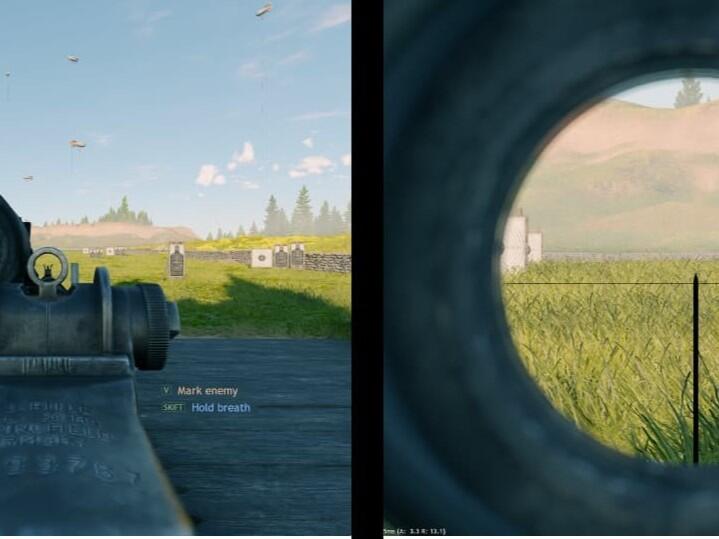Gamers Know It’s Wrong. So Why Is It Still the Standard?

Too often, clients are dazzled by localization vendors with long lists of AAA games and big-name brands in their portfolios.
But here’s the truth no one tells you: A great portfolio doesn’t always mean great translations.
Let me explain, with a real-world example from the gaming industry—where localization mistakes can easily be overlooked but seriously impact the player experience.

🎯 “ADS” Is Not “Scope Aiming”In first-person shooters, ADS (Aim Down Sights) is a basic mechanic: press a button (like L2/LT) and your character aims.
Whether the weapon has a scope or not, ADS is always there. It could be through a scope, or just the weapon’s iron sights.
Yet many translations still inaccurately render “ADS” as “scope aiming.”Why? Because some vendors insist on using “standard” terms… even if those terms are wrong. And when you try to correct it, you’re often met with “we’ve always used this, and no one complained.”
Let’s be honest—no gamer is going to pause the action to file a complaint about a poor translation of “ADS.”
But that doesn’t make it right. Also, if you google “ADS vs. Scope Aiming”, it will say:
"In gaming, ADS (Aim Down Sights) and scope aiming are closely related, but ADS is a broader term. ADS refers to the action of aiming through a weapon's sights, whether those are iron sights or a scope.
Scoping is a specific type of ADS, involving the use of a magnifying attachment for long-range accuracy. So, it is not “التصويب بالمنظار”/”Scope Aiming” as every Arabic localized video game suggests!
🧠 Experience ≠ Always Right
Yes, experience matters. I have nearly 20 years in the field, and I’m proud of my track record. But I’ll never use my portfolio to shut down a conversation about quality.
Because real expertise means being open to correction. It means listening to reason. And it means judging translations by accuracy and context, not legacy and habit.
Some of the best translators I’ve met were just starting out—but they delivered better results than industry veterans, simply because they cared enough to ask the right questions.
💡 Advice for Clients Choosing a Localization Partner:
- Don’t rely on portfolios alone.
- Ask why a term was used, not just who used it before.
- Encourage open, evidence-based dialogue.
- Be cautious of editors or vendors who fall back on “we’ve always done it this way.”
✨ Translation is about more than words — it’s about trust, understanding, and precision.Choose partners who prioritize quality over convenience, and who are willing to challenge the norm to get it right.